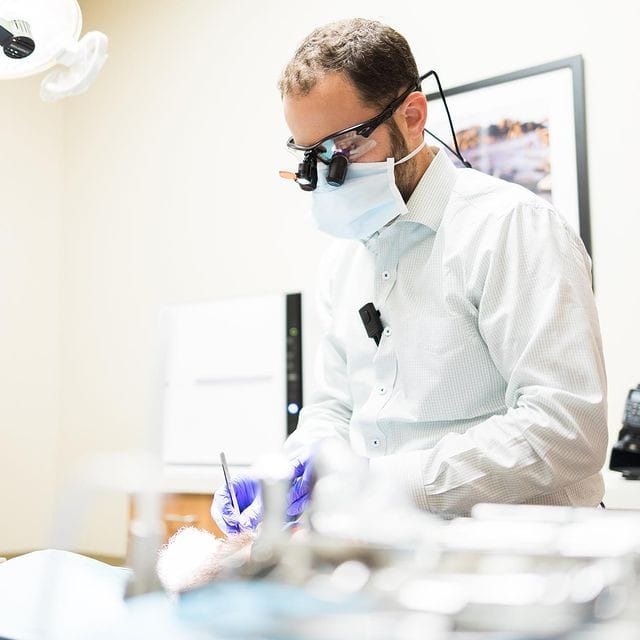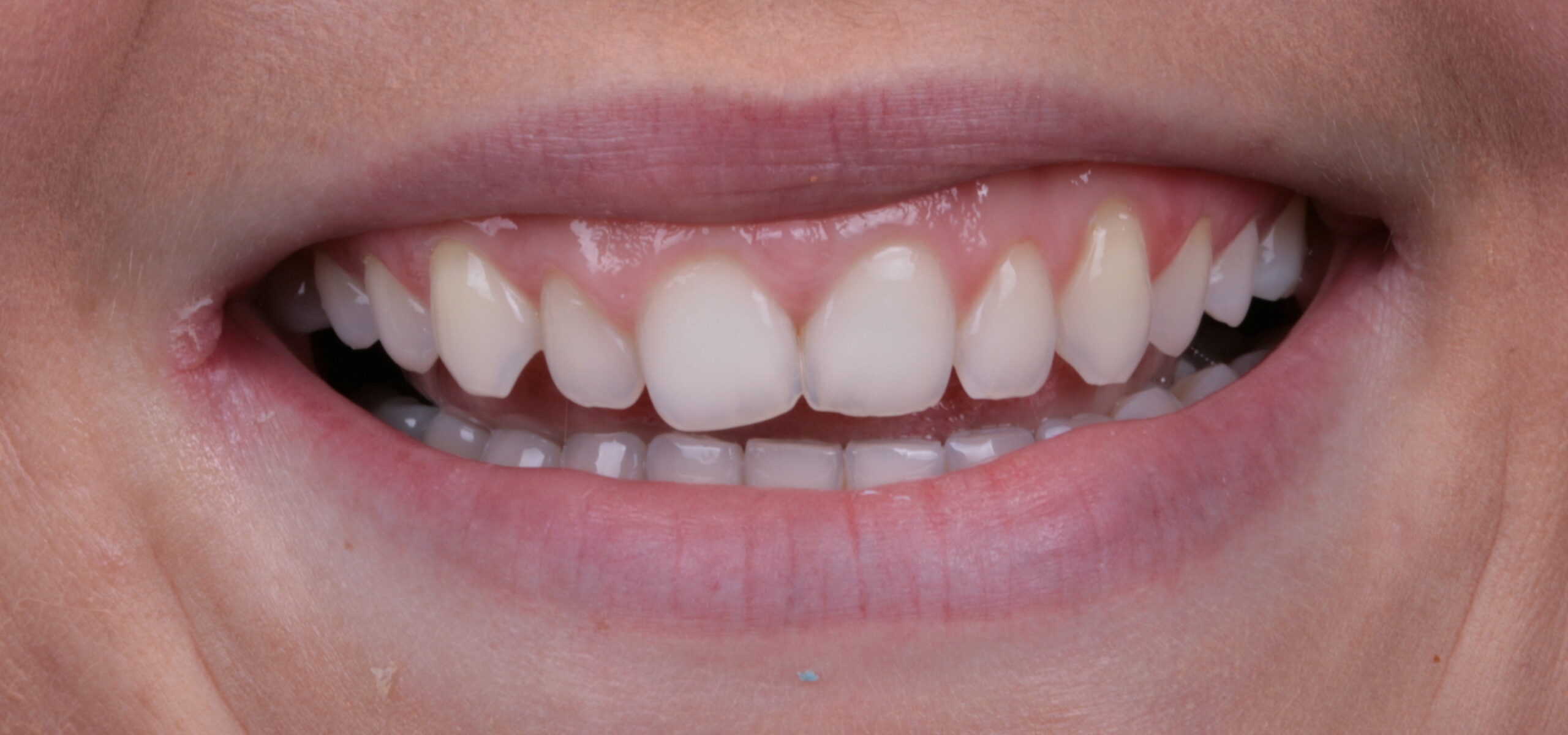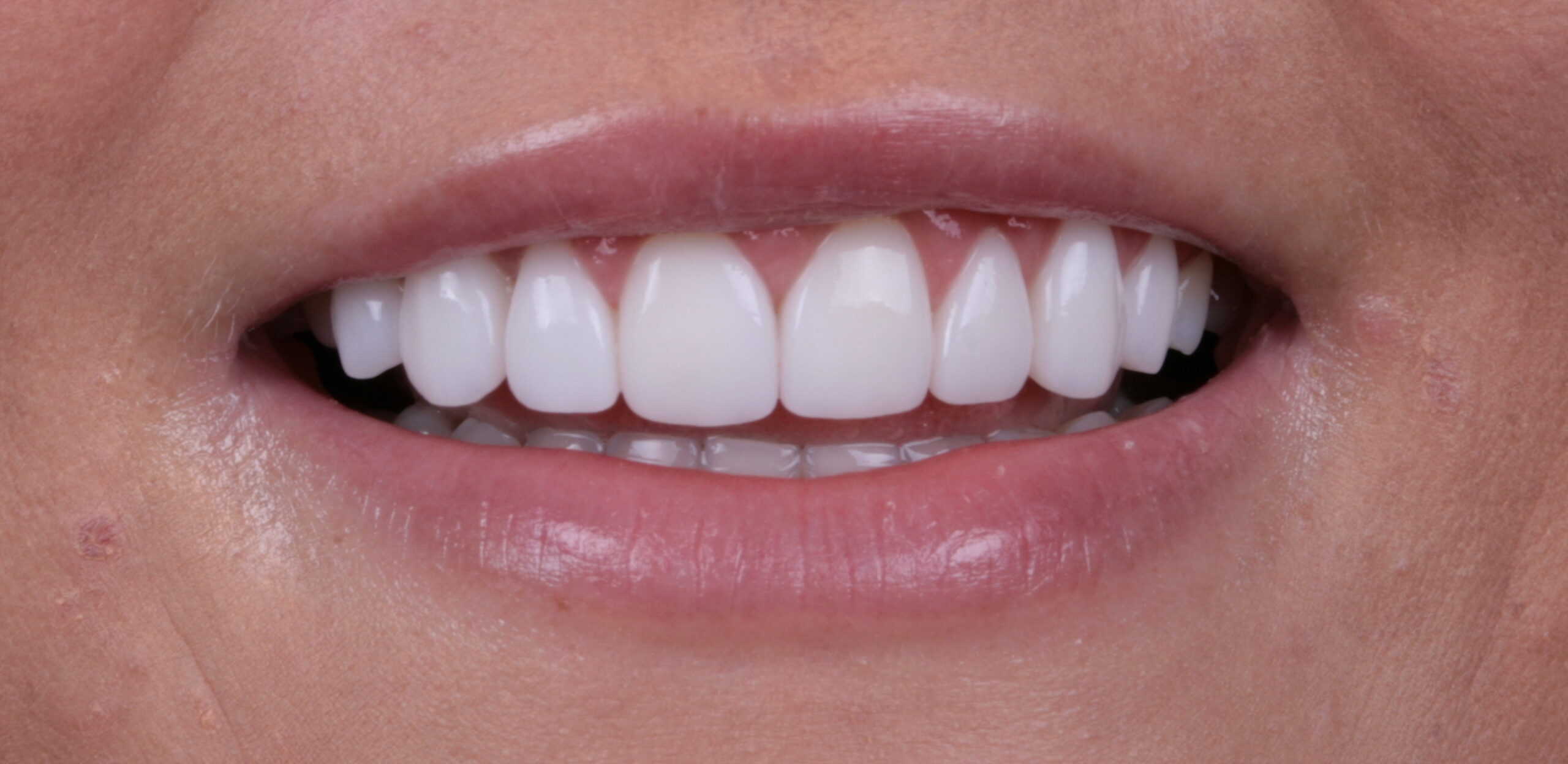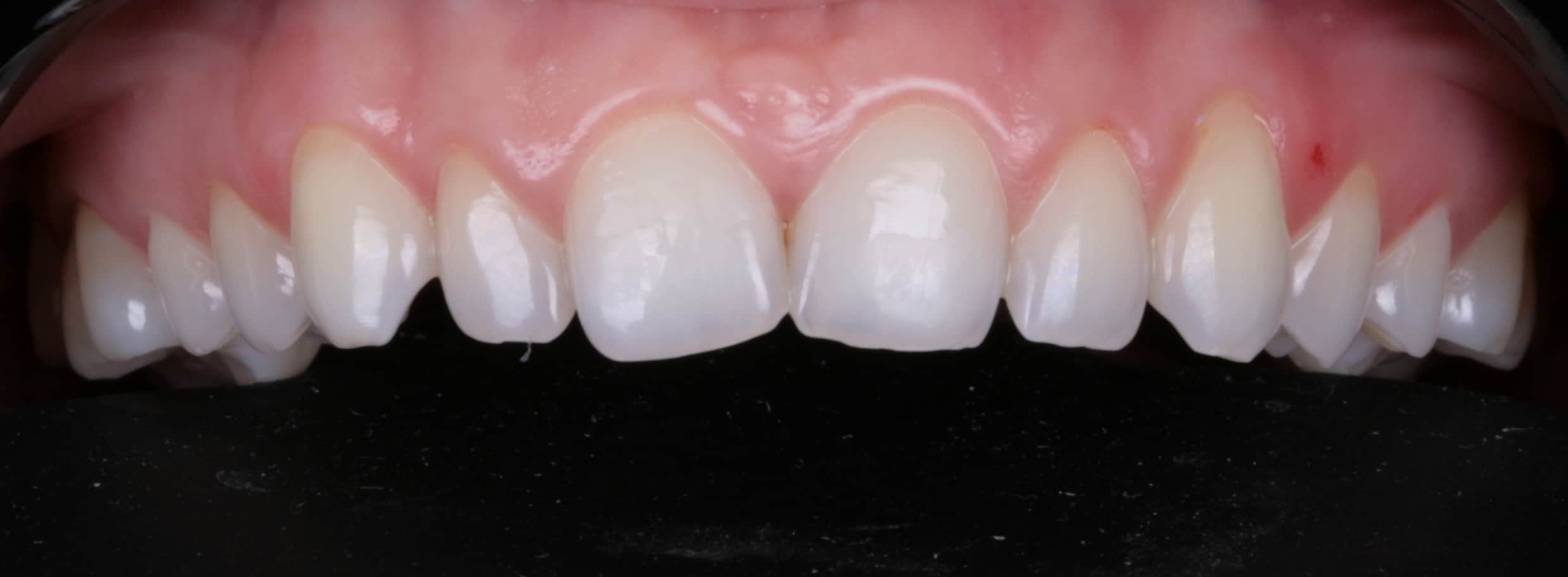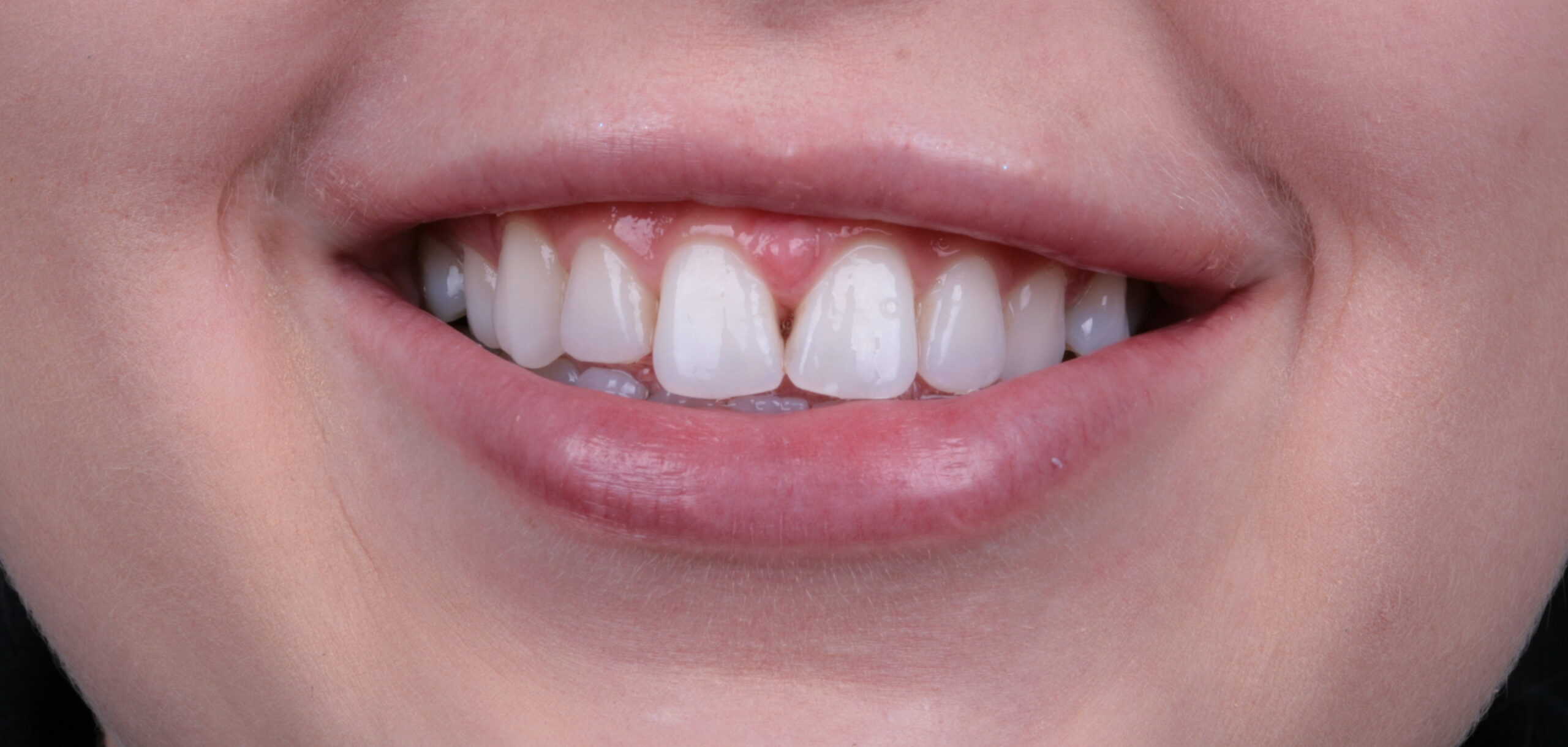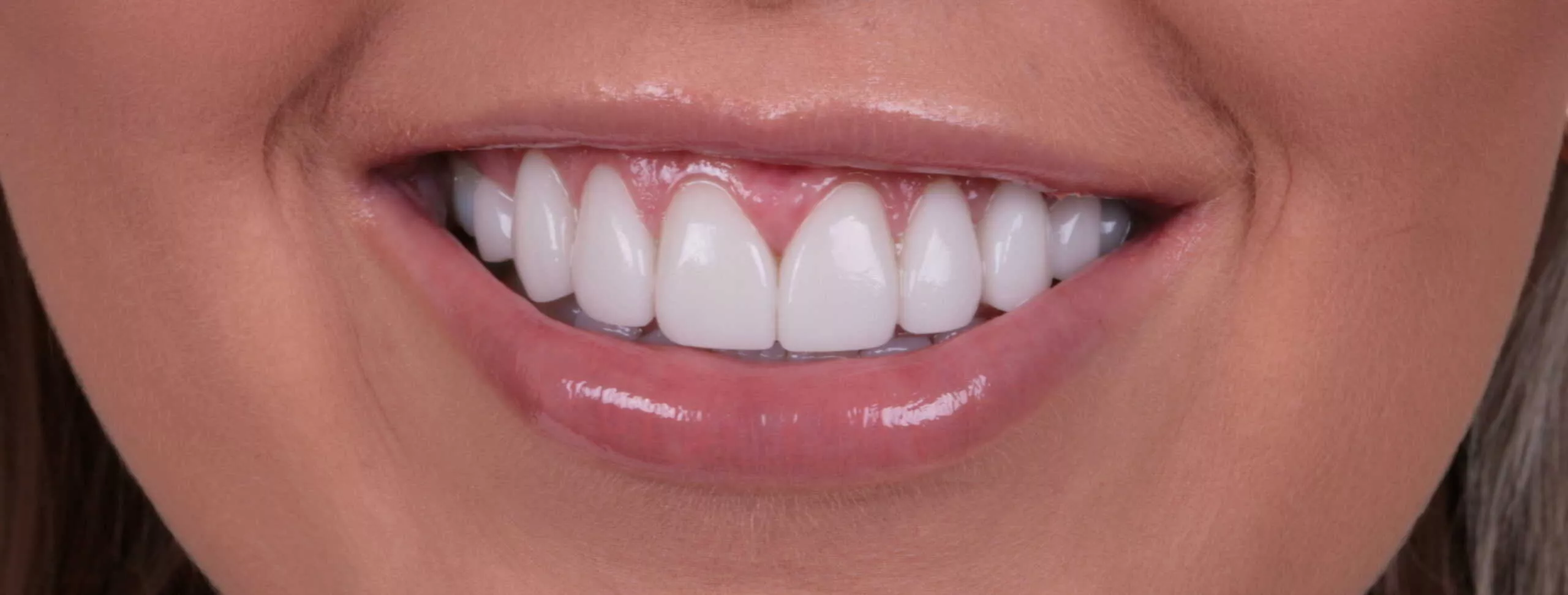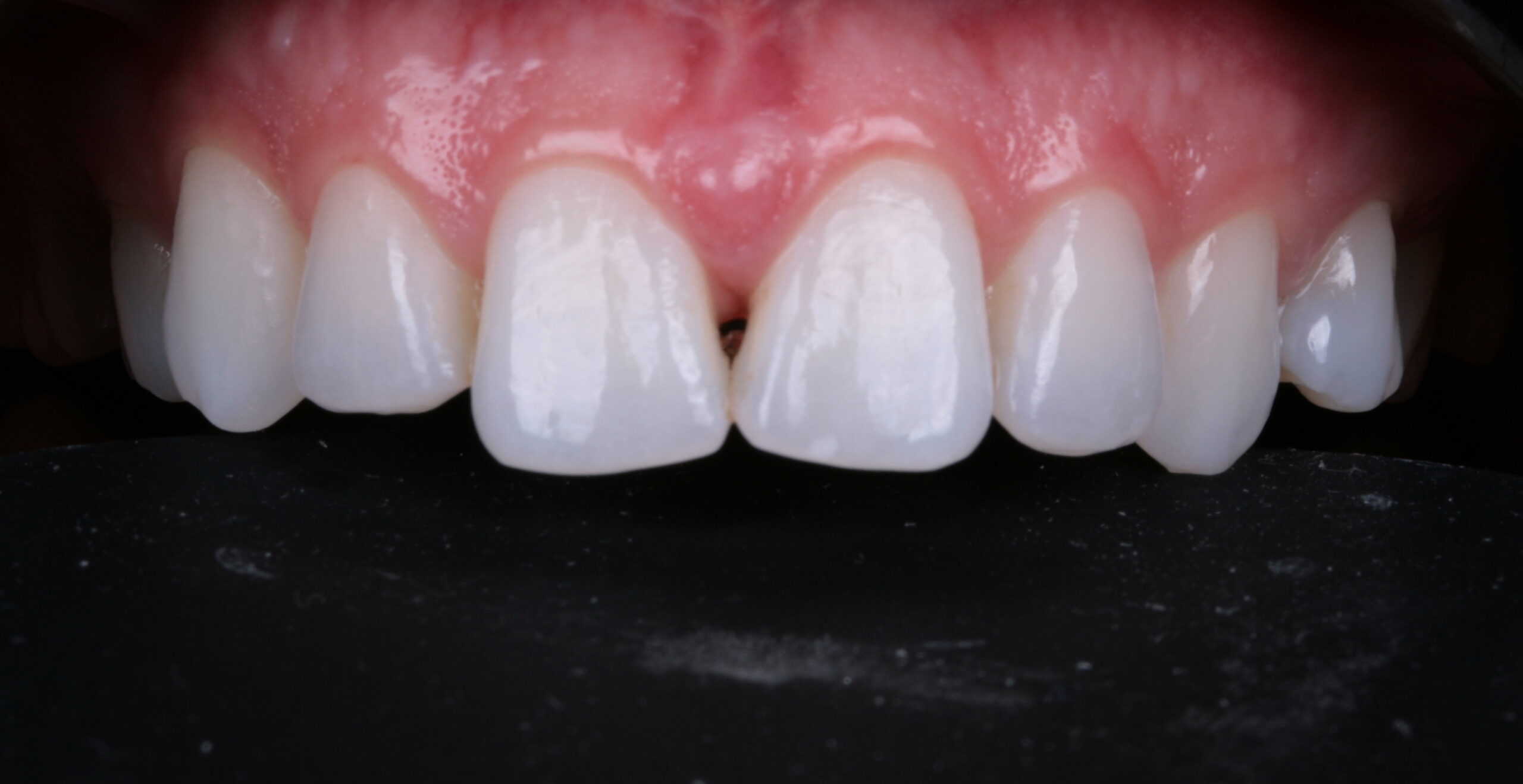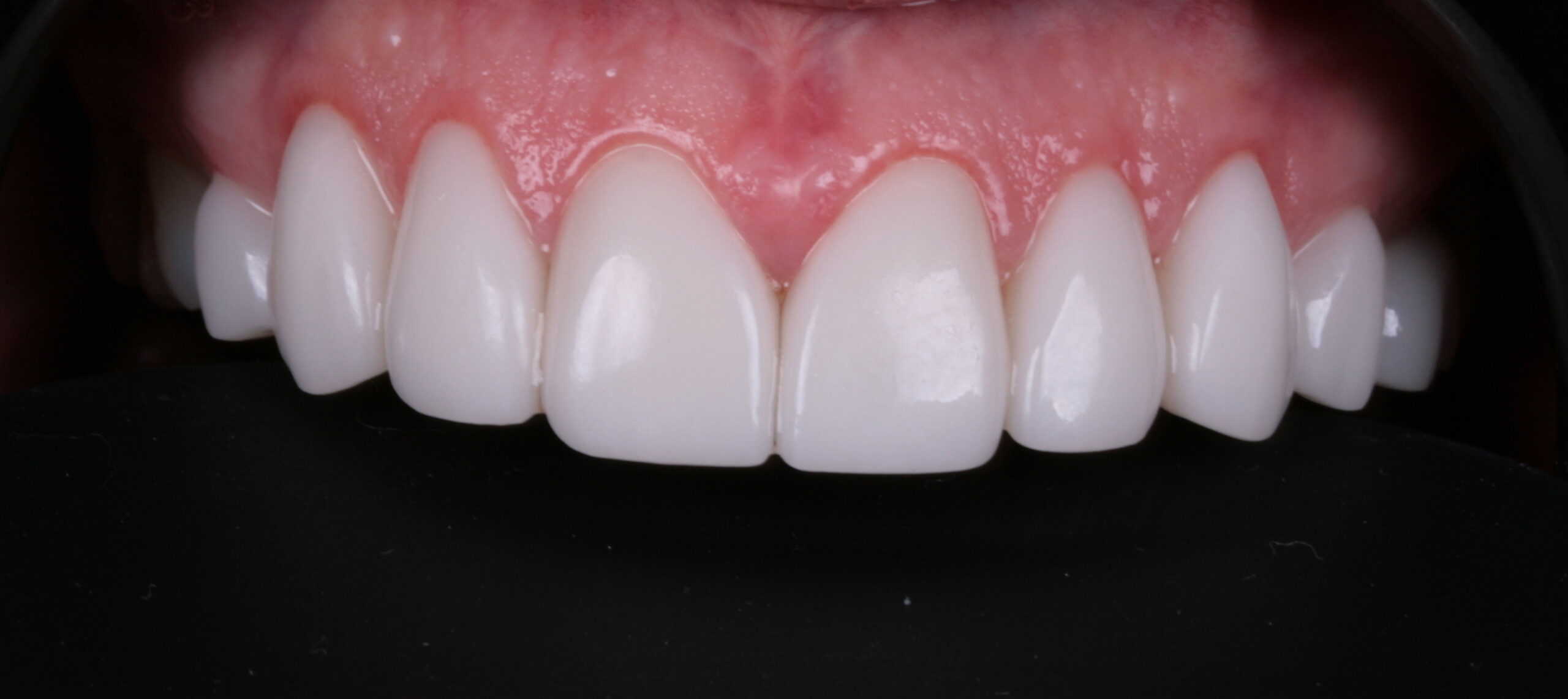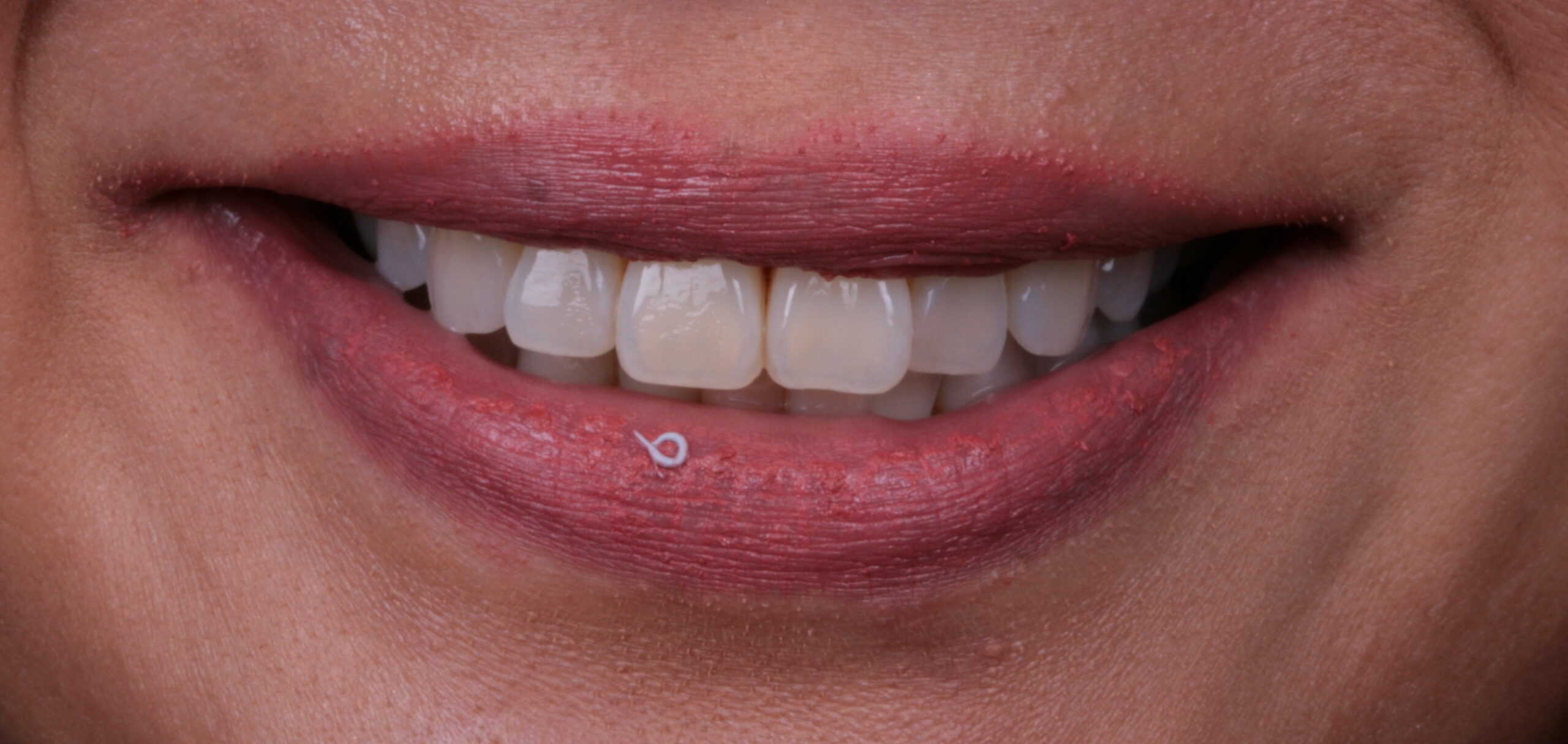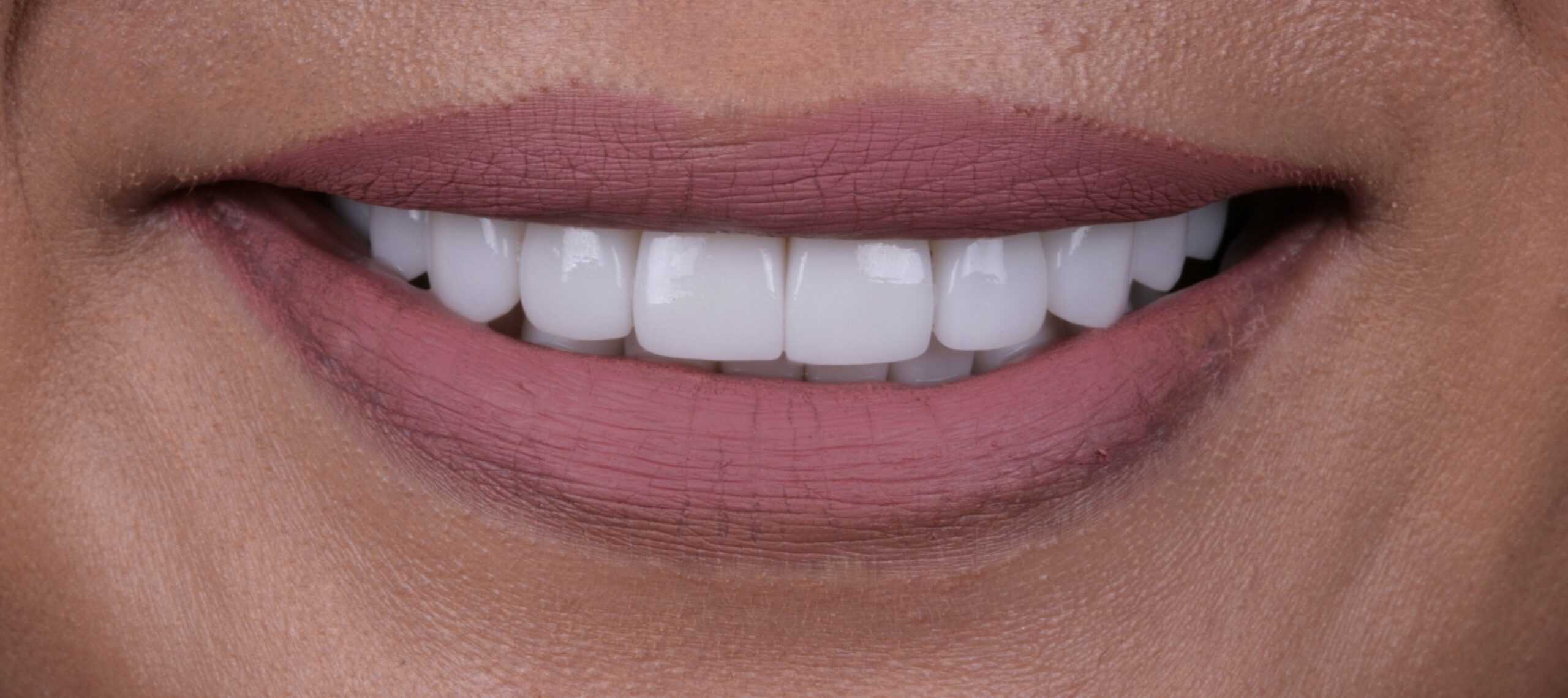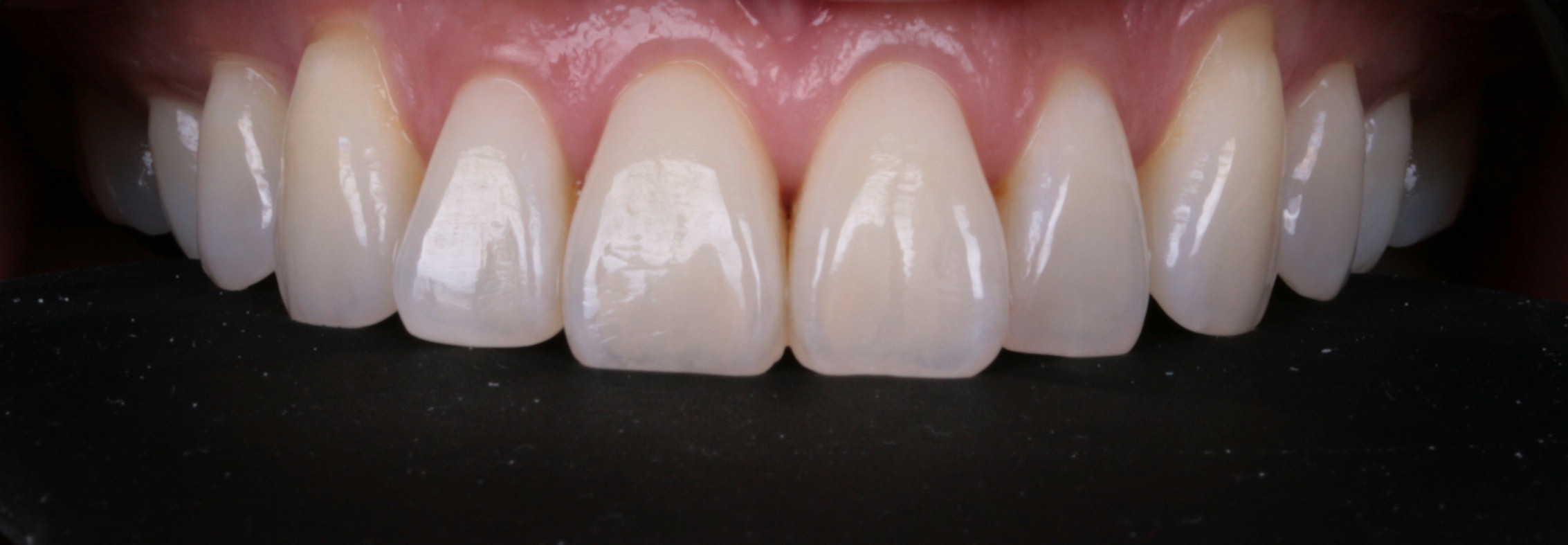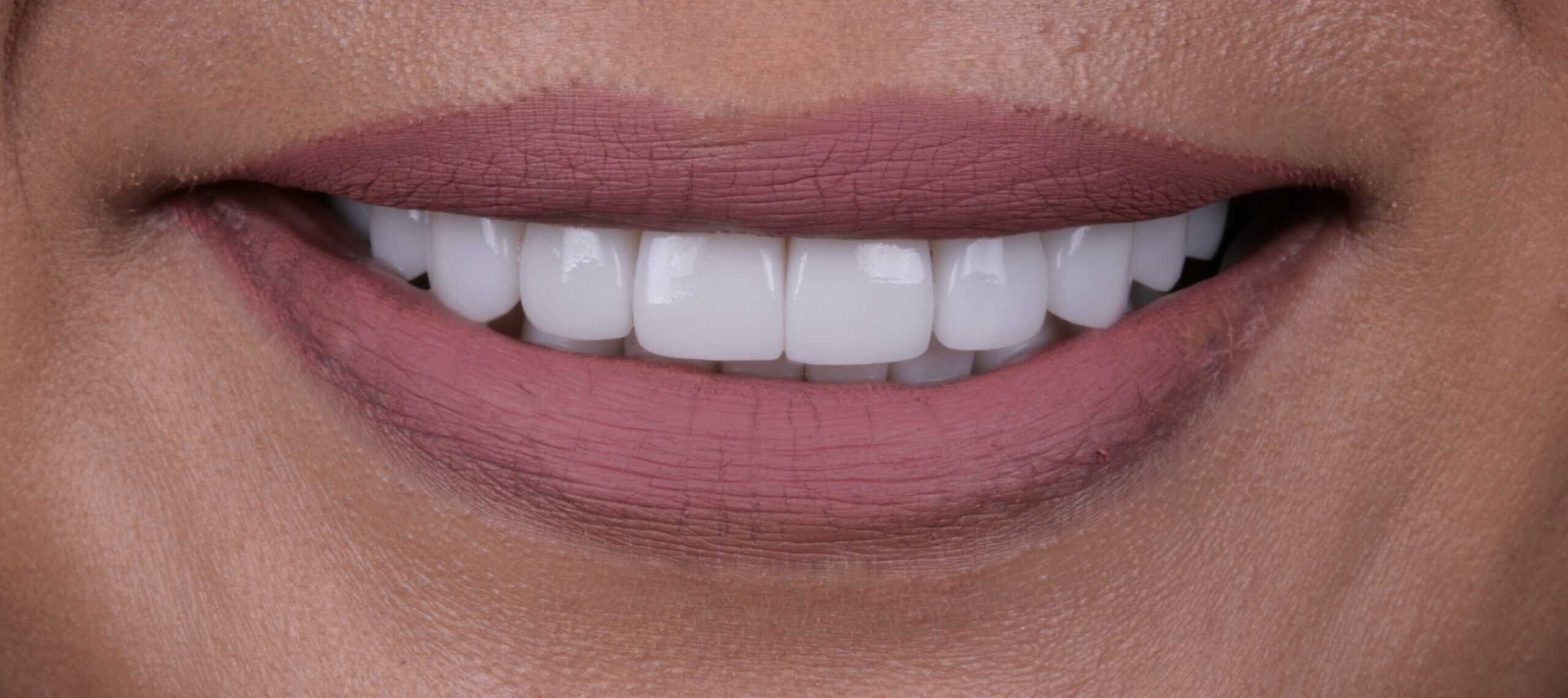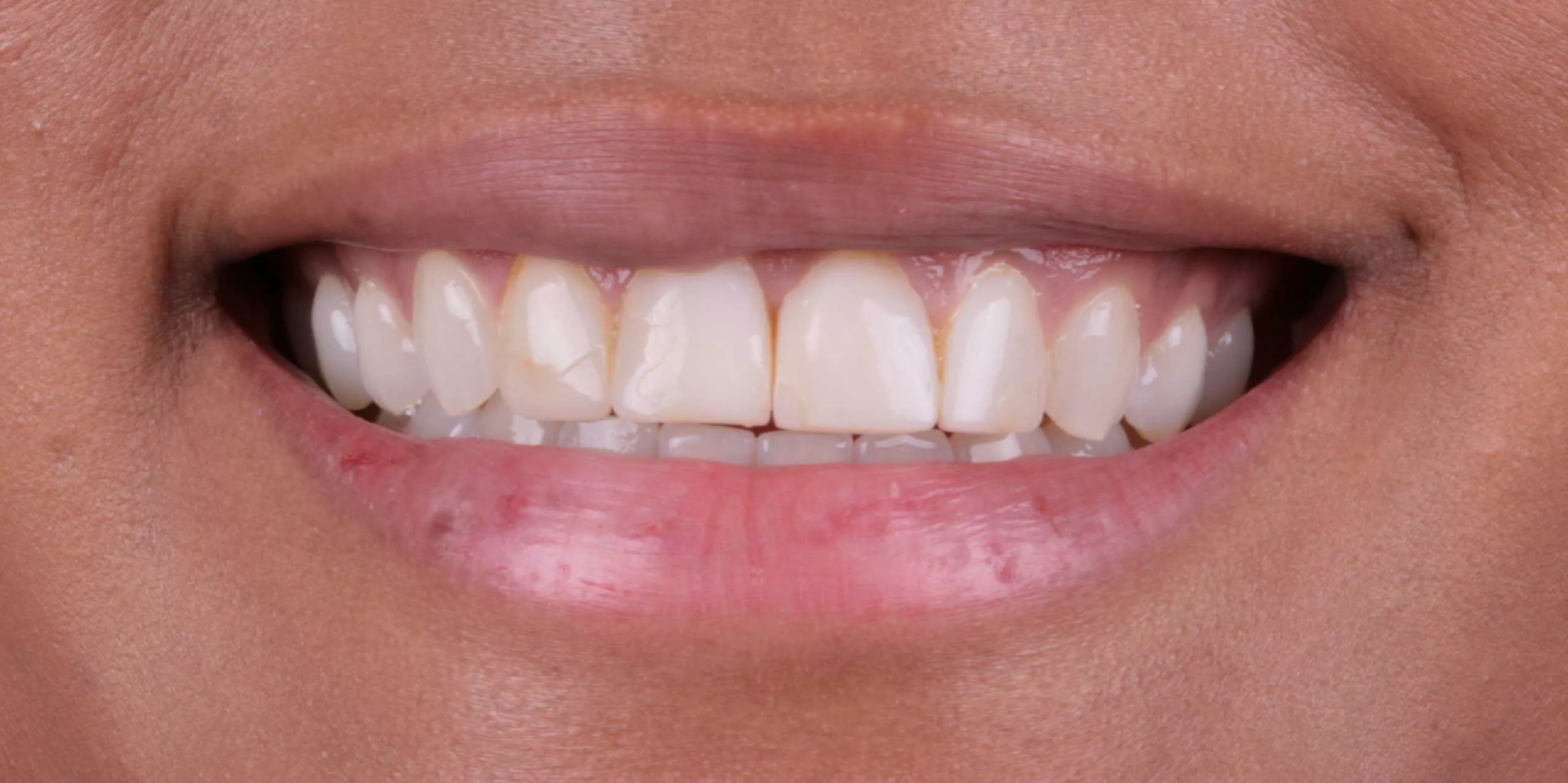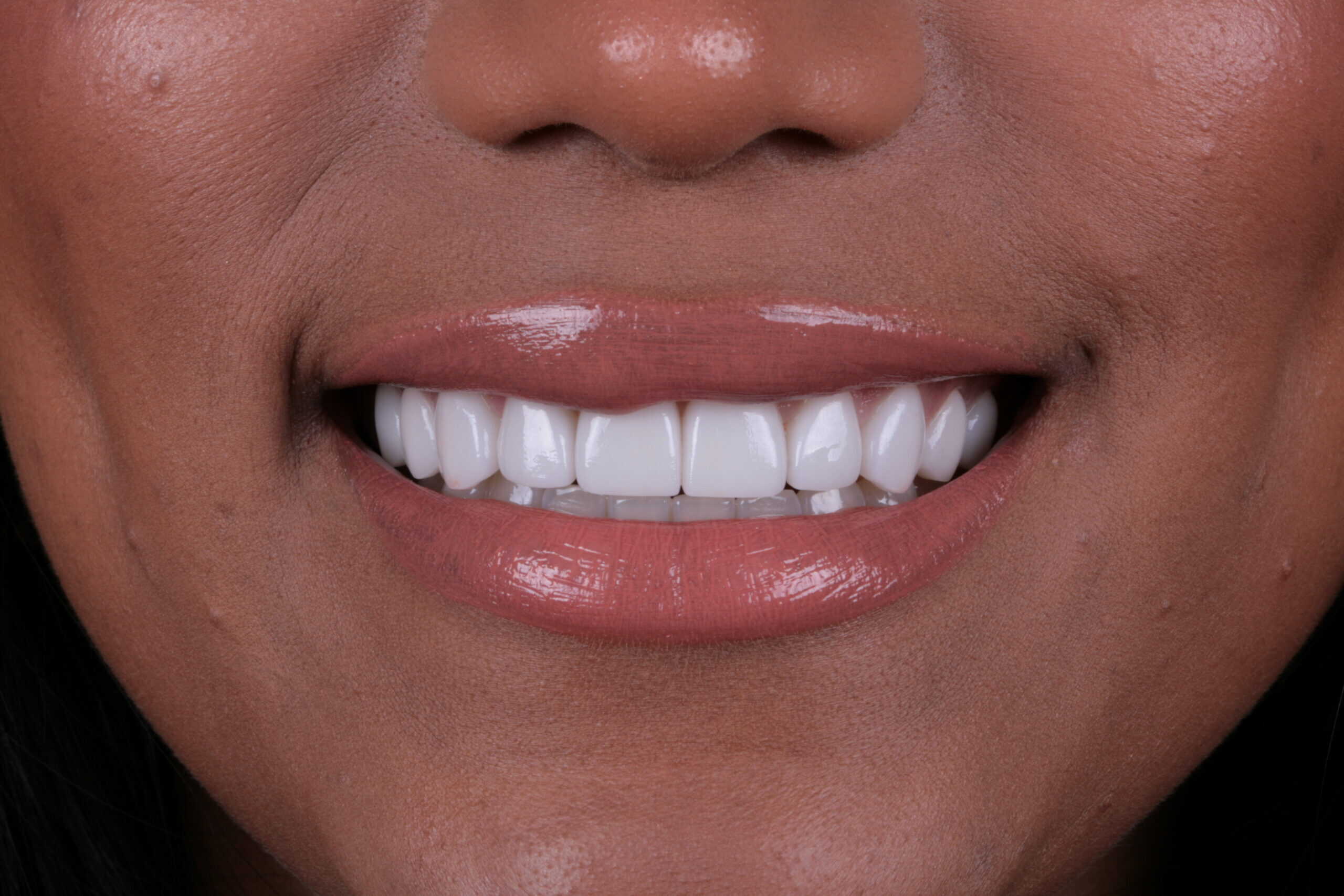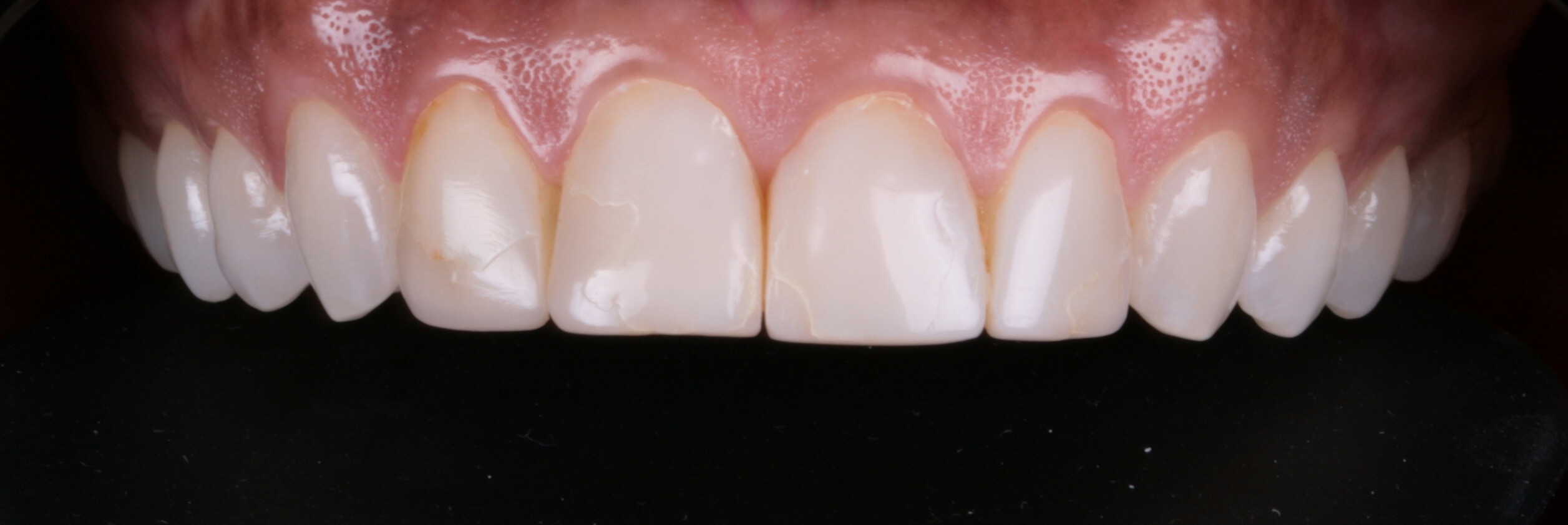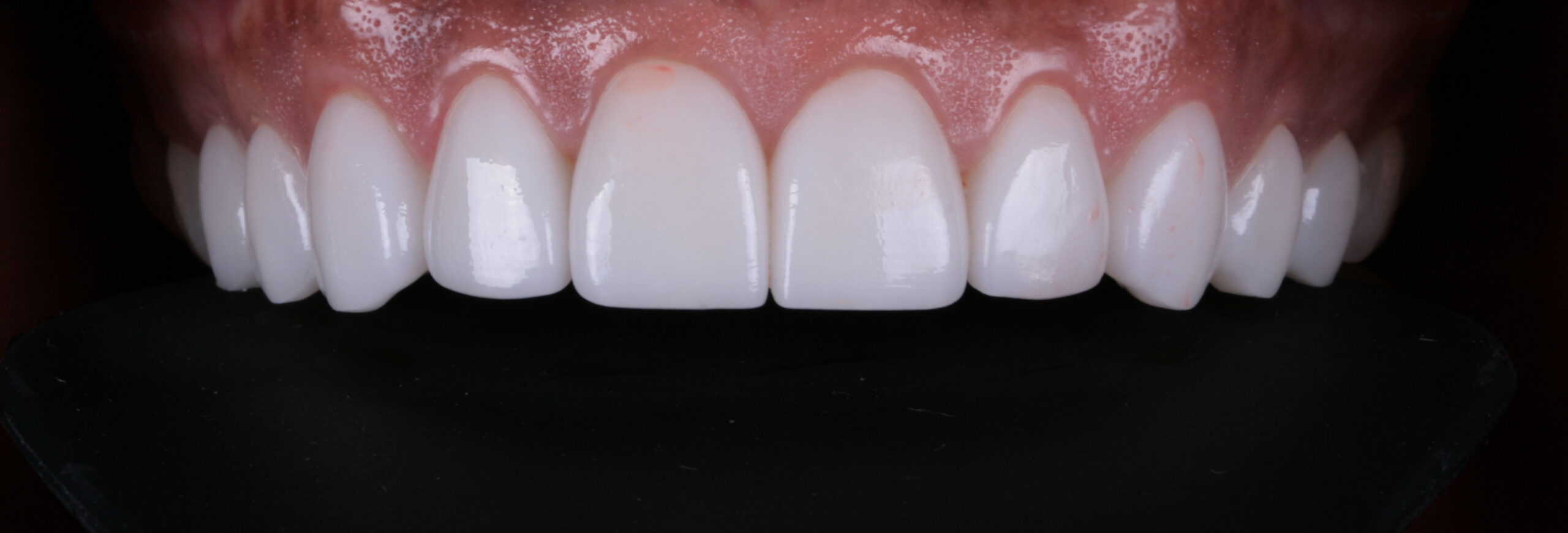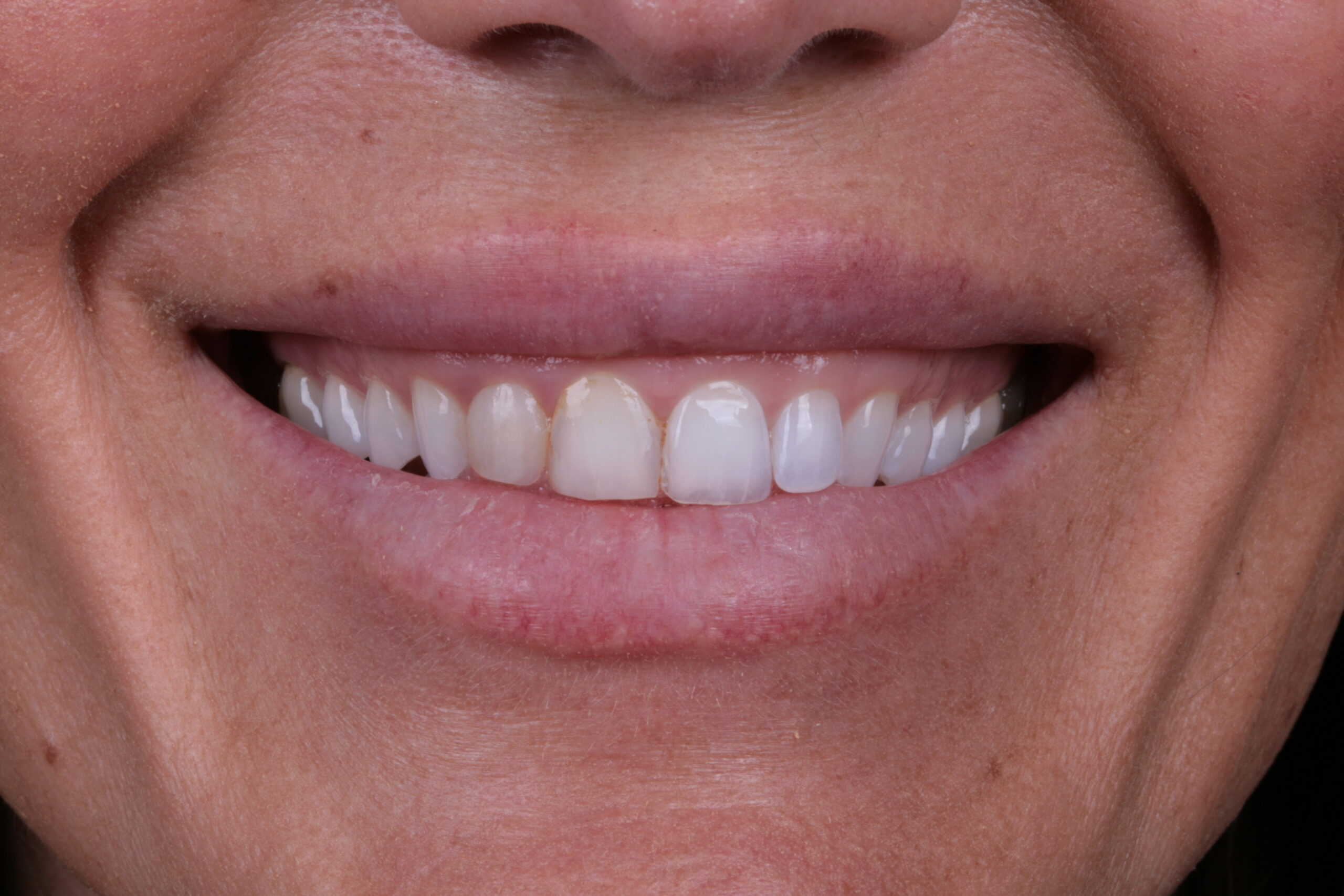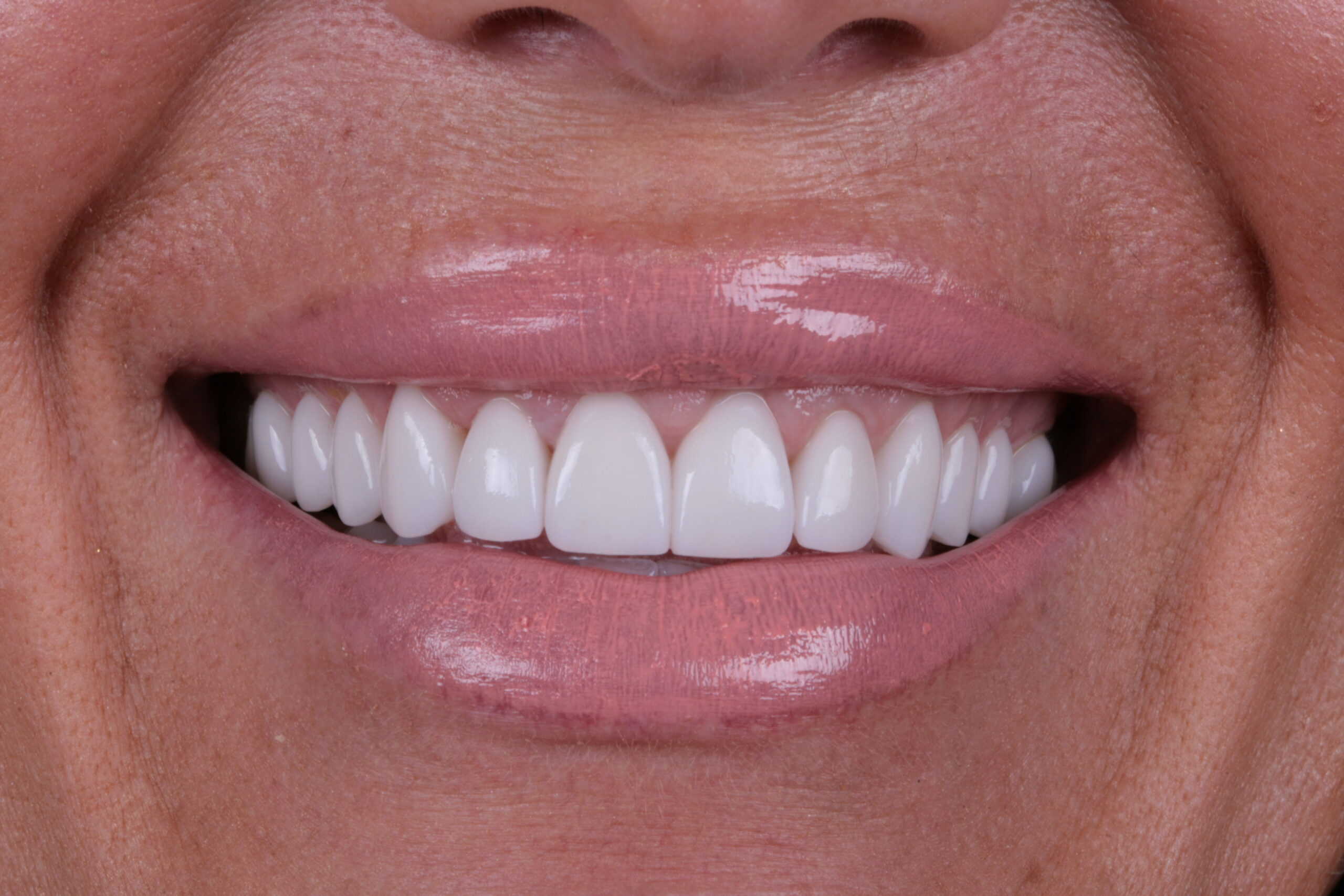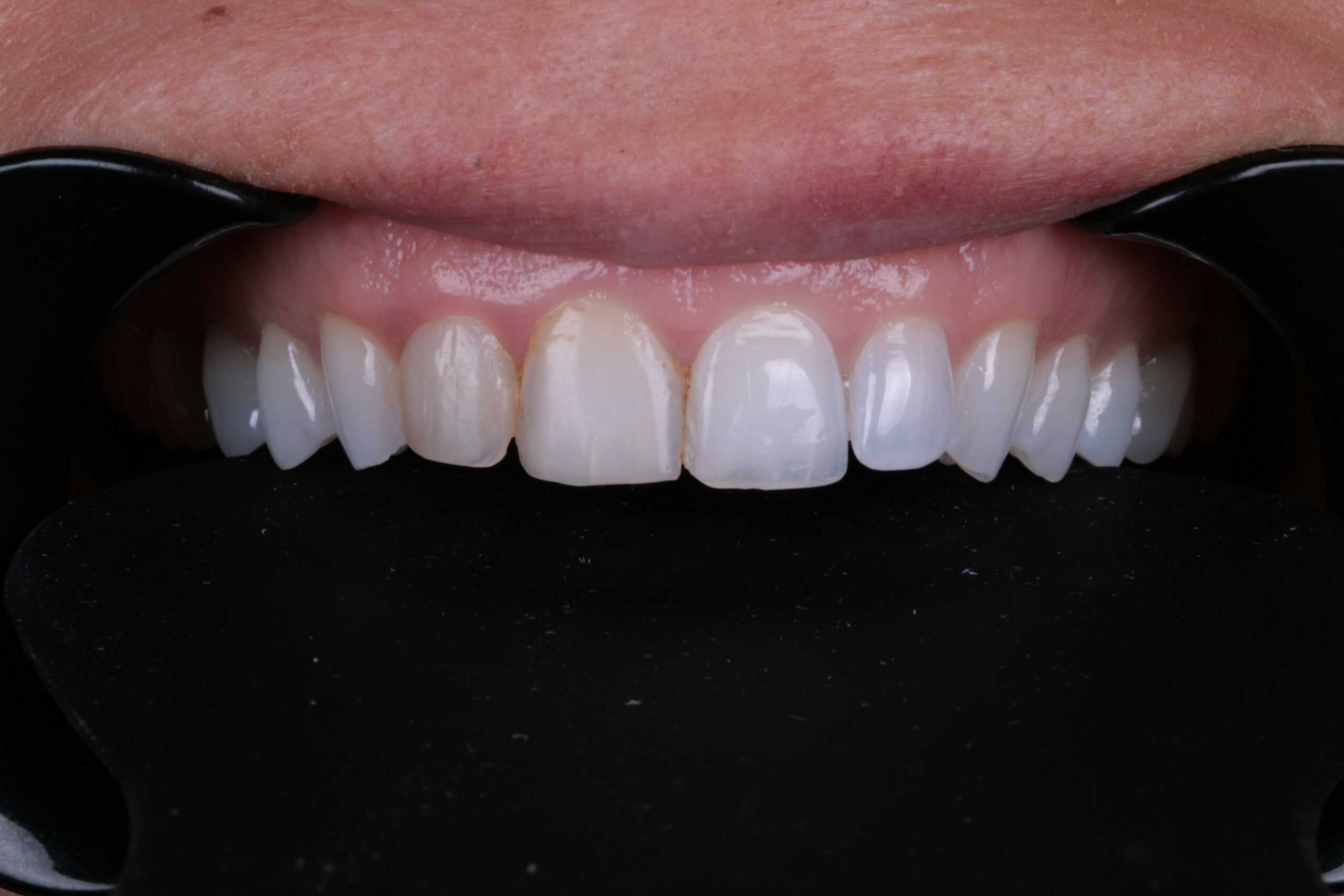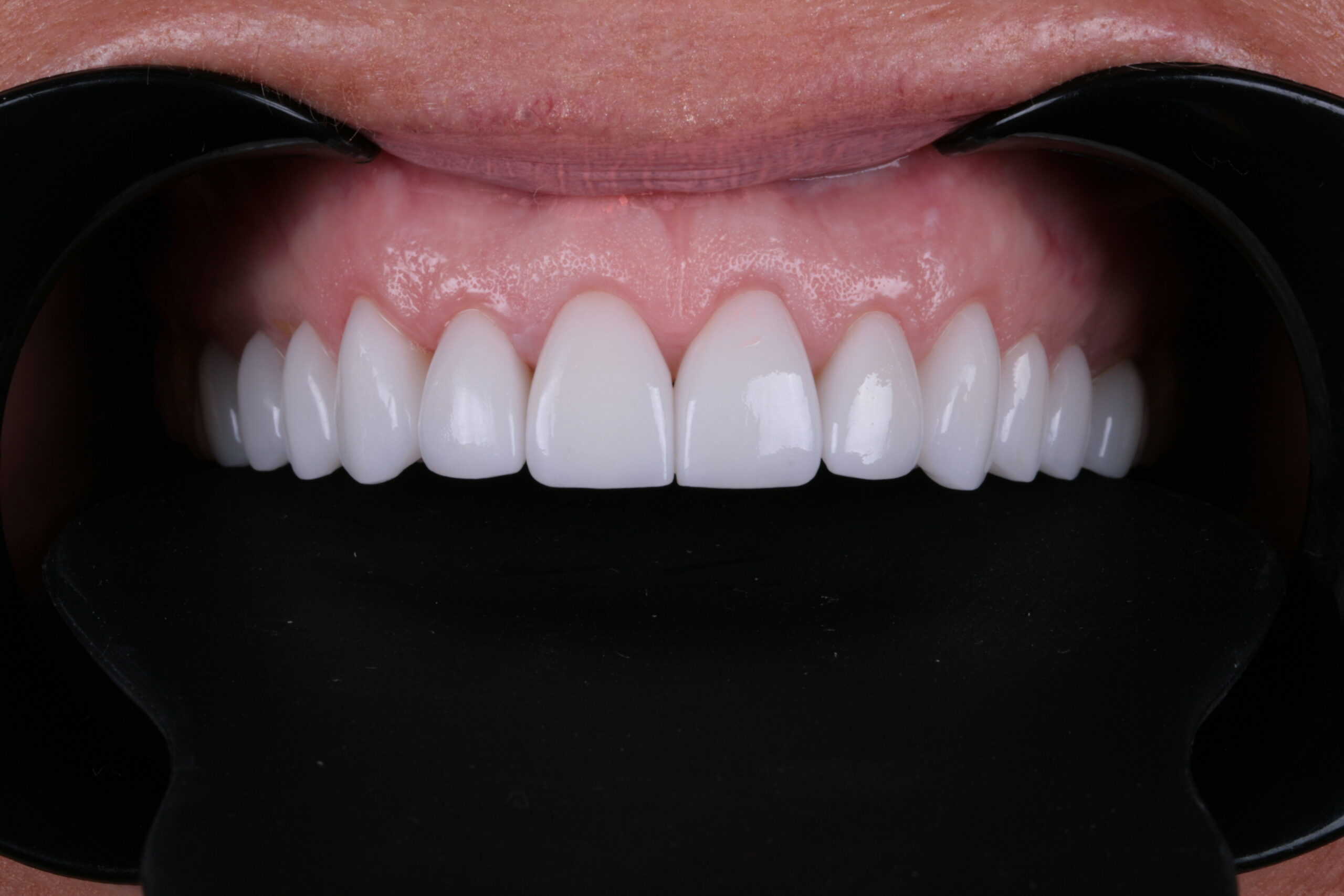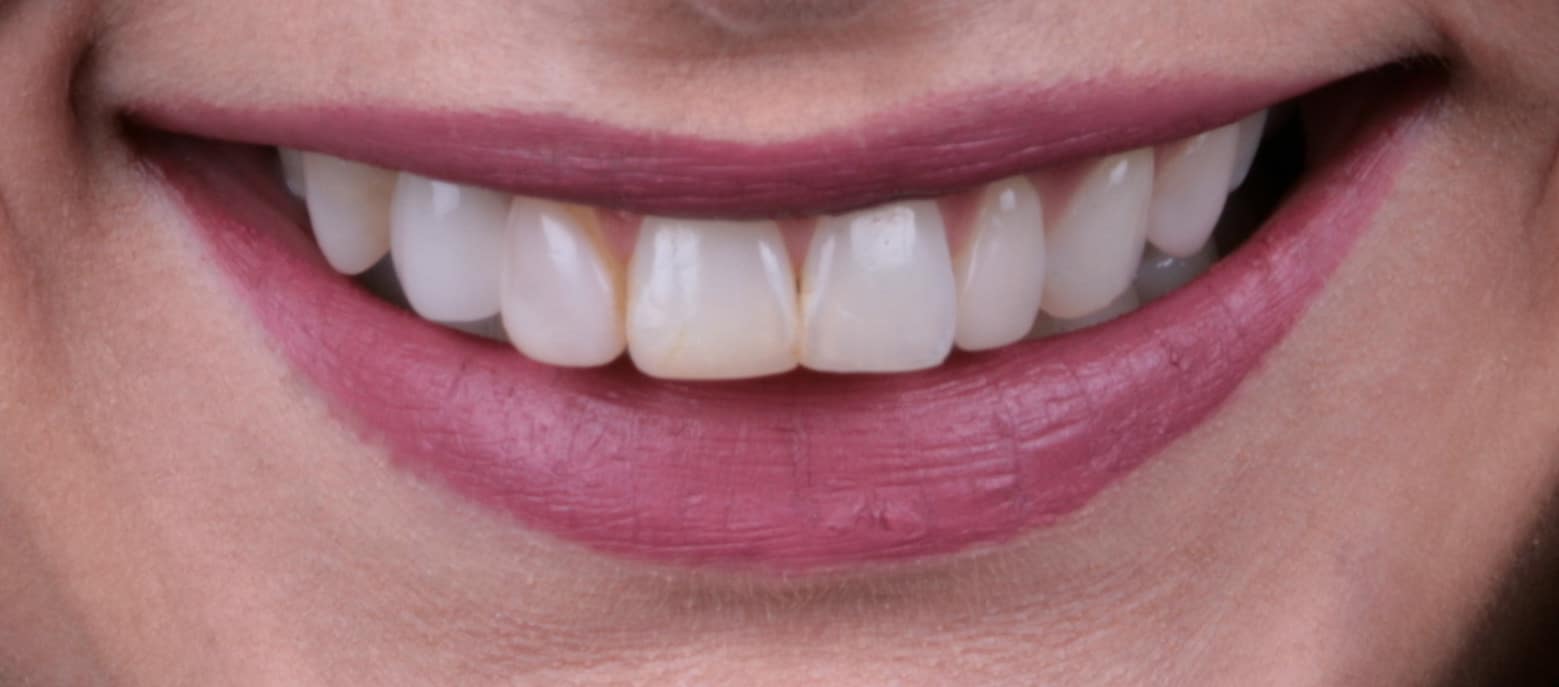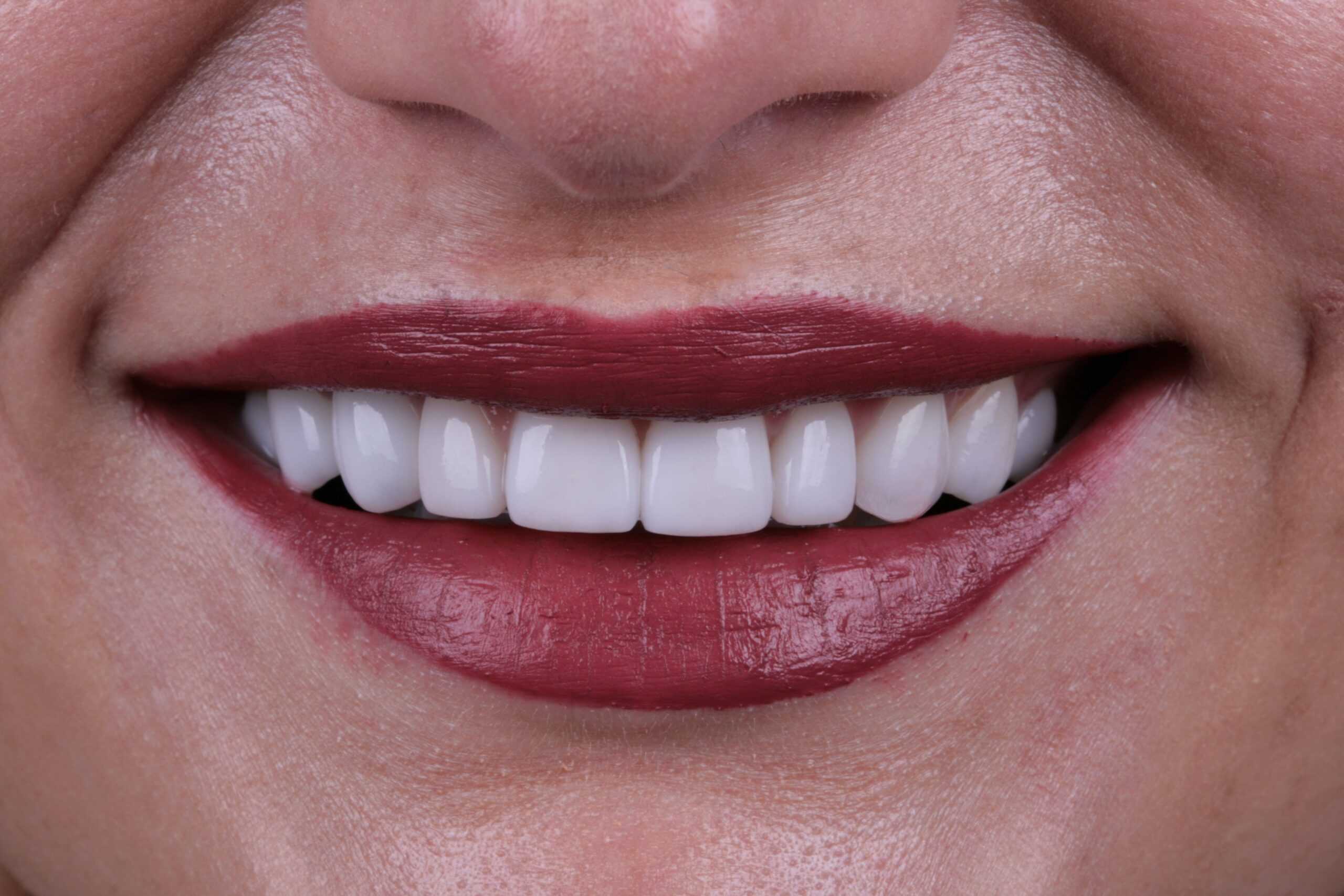Introduction
In dental emergencies, being prepared and knowing what to do can significantly minimize pain, prevent further damage, and promote swift recovery. Dental emergencies can occur unexpectedly and may include toothaches, knocked-out teeth, broken dental restorations, or injuries to the mouth and gums. This article aims to provide essential information on dental emergencies and offer guidance on handling them effectively.
Common Dental Emergencies
Toothaches
One of the most common dental emergencies is a toothache. Various factors, such as dental decay, abscesses, gum infections, or tooth fractures, can cause toothaches. If you experience a severe toothache, it is crucial to seek dental attention promptly. In the meantime, rinse your mouth with warm saltwater and gently floss around the affected tooth to remove any trapped debris.
Knocked-Out Teeth
Having a tooth knocked out is distressing, but quick action can sometimes save the tooth. If a permanent tooth is knocked out, carefully pick it up by the crown (avoid touching the root), gently rinse it with water if it’s dirty, and try to reinsert it back into its socket. If reinsertion is not possible, place the tooth in a container of milk or saliva and seek immediate dental care. Time is of the essence when dealing with knocked-out teeth, so act swiftly.
Broken Dental Restorations
Dental restorations, such as fillings, crowns, or bridges, can occasionally chip, crack, or fall out, leading to discomfort and potential damage to the affected tooth. If you experience a broken dental restoration, contacting your dentist as soon as possible is essential. In the interim, you can use dental cement, which can be purchased at most pharmacies, to temporarily cover the exposed area and protect it from sensitivity or further harm.
Injuries to the Mouth and Gums
Accidents or injuries resulting in mouth and gum trauma require immediate attention. If you experience a cut, tear, or damage to the soft tissues of your mouth, gently rinse your mouth with warm saltwater to clean the area. Apply a clean piece of gauze or a damp tea bag to control any bleeding, and visit your dentist or an emergency room promptly for a thorough evaluation and appropriate treatment.
How to Handle Dental Emergencies
Stay Calm and Assess the Situation
During a dental emergency, staying calm and assessing the situation is crucial. Panicking can lead to hasty decisions or actions that may worsen the condition. Take a moment to evaluate the severity of the problem and prioritize seeking professional dental care.
Contact Your Dentist Immediately
When a dental emergency arises, contact your dentist’s office immediately. Many dental practices have emergency services or can guide what to do next. Inform them about the nature of your emergency so they can accommodate you promptly and provide the necessary instructions.
Preserve a Knocked-Out Tooth Properly
If you manage to save a knocked-out tooth, it is vital to handle it correctly to increase the chances of successful reimplantation. Avoid touching the root and rinse the tooth only if it’s dirty. Placing the tooth in a container of milk or saliva helps preserve its viability until you can see a dentist.
Use Over-the-Counter Pain Relief
, over-the-counter pain relief medications can be helpful. However, following the recommended dosage and consult with a healthcare professional if you have any underlying medical conditions or are taking other medications is essential.
Avoid Self-Treatment
While home remedies and temporary solutions can provide temporary relief, it is crucial to remember that they do not replace professional dental care. Dental emergencies require the expertise of a qualified dentist to ensure proper diagnosis, treatment, and prevention of complications. Avoid attempting extensive self-treatment and seek professional help as soon as possible.
Follow Post-Treatment Instructions
After receiving emergency dental care, following the post-treatment instructions provided by your dentist is essential. This may include taking prescribed medications, maintaining oral hygiene, and attending follow-up appointments. Adhering to these instructions will promote proper healing and prevent further complications.
Preventive Measures for Dental Emergencies
While dental emergencies can occur unexpectedly, there are preventive measures you can take to minimize the risk and severity of such situations:
Practice Good Oral Hygiene:
- Brush your teeth twice daily.
- Floss daily.
- Rinse with an antimicrobial mouthwash to maintain optimal oral health and prevent dental issues that may lead to emergencies.
Wear Protective Gear: If you engage in sports or activities that pose a risk of dental injuries, such as contact sports or extreme sports, wear appropriate protective gear, such as mouthguards or helmets.
Avoid Chewing Hard Objects: Refrain from chewing on complex objects like ice, pens, or popcorn kernels, as they can cause tooth fractures or damage to dental restorations.
Schedule Regular Dental Check-ups: Routine dental check-ups and cleanings allow your dentist to identify potential dental problems early on and take preventive measures to avoid emergencies.
Address Dental Issues Promptly: If you notice any signs of dental problems, such as tooth sensitivity, pain, or changes in your gums, seek dental care promptly. Early intervention can prevent the progression of issues that may lead to emergencies.
Conclusion
Awareness of what constitutes a dental emergency and how to handle it can make a significant difference in safeguarding your oral health. Stay calm, contact your dentist immediately, and follow their instructions. Additionally, adopting preventive measures and maintaining good oral hygiene practices can help reduce the risk of dental emergencies. Prioritize your dental health and proactively seek professional care to ensure a healthy and pain-free smile.

